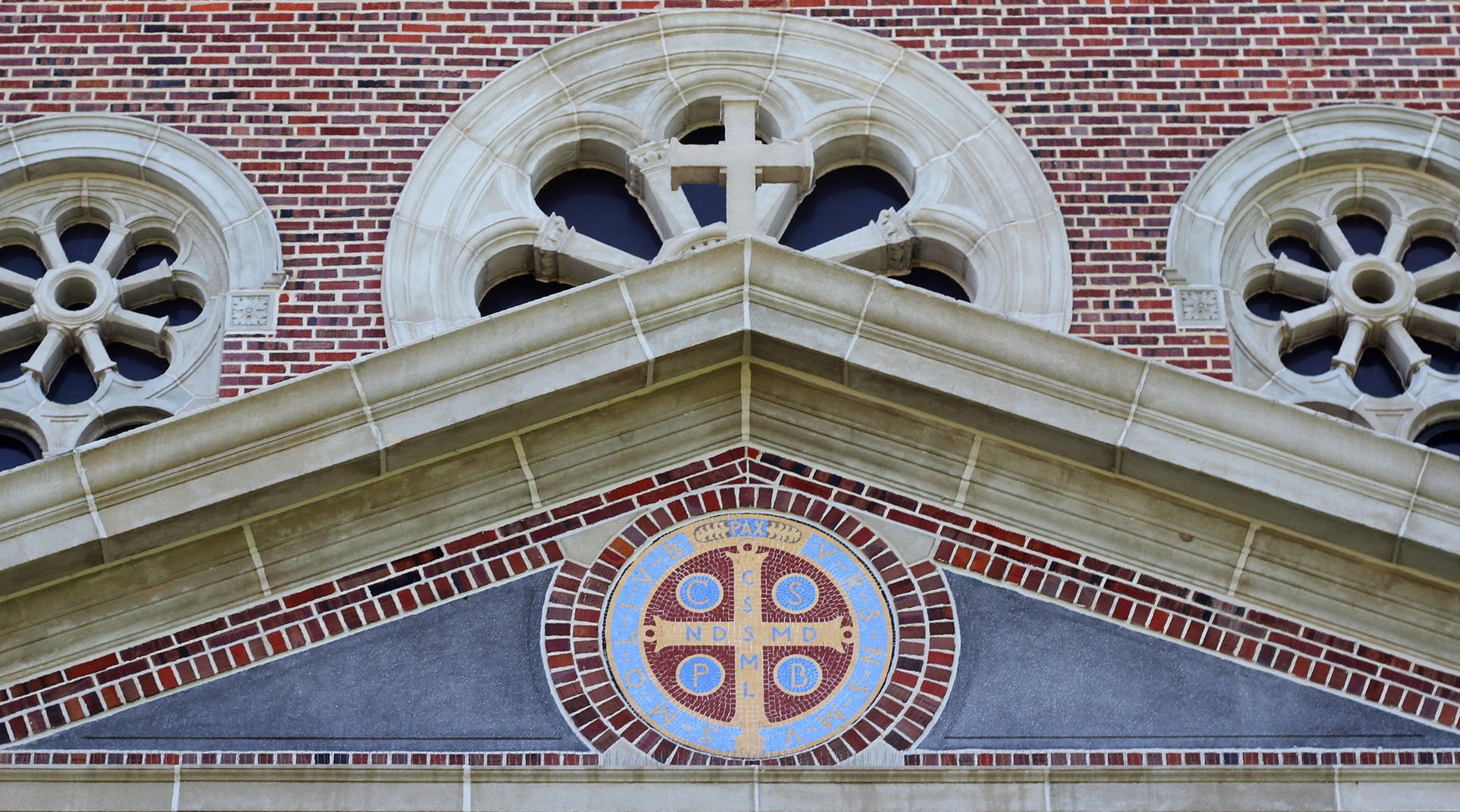
CONFLICT OF INTEREST POLICY
Saint Joseph Abbey’s Conflict of Interest Policy
I. Principles of Ethics and Integrity
As representatives of the Order of Saint Benedict, all abbots, priests, monks, postulates, seminarians, administrators, employees, and trustees (collectively, “SJASC Personnel”) of Saint Joseph Abbey and Saint Joseph Seminary College (collectively, "SJASC") shall act with the highest degree of integrity and moral standards that will reflect favorably on SJASC and consistent of the teachings of both the Order of St. Benedict and the Roman Catholic Church.
II. Purpose
The purpose of this policy is to protect the interests of the SJASC when entering into a transaction or arrangement that might benefit, directly or indirectly, the private interests of any SJASC Personnel. The relationship between the SJASC and SJASC Personnel carries with it a strict duty of loyalty. All actions of SJASC Personnel, when performed in support of or for SJASC, shall be, first and foremost, for the benefit of the SJASC.
III. Conflicts of Interest
No SJASC Personnel is allowed to participate in the selection, award, or administration of a contract, agreement, or transaction being considered by SJASC if he or she has a true or perceived conflict of interest.
a. True Conflict of Interest
A true conflict of interest exists when (1) any SJASC Personnel, or his or her immediate family member or any organization which either employs or is about to employ any of the forgoing parties (2) has a direct or indirect financial interest or tangible personal benefit arising from the contract, agreement, or transaction being considered by SJASC. A financial interestis defined as the potential for economic gain or loss to any SJASC Personnel, or his or her immediate family member or any organization which employs or is about to employ any of the forgoing parties. A financial interest may arise from (1) ownership, or potential ownership, of certain financial instruments or investments, or potential investments, including, but not limited to, stocks, bonds, limited liability membership interests, partnership interests, or real estate, or (b) salaries, bonuses, commissions, indebtedness, job offers, subcontracts or similar interest of any kind that might be affected by the particular contract, agreement, or transaction being considered by SJASC.
b. Perceived Conflict of Interest
A perceived conflict of interest exists when a situation or relationship creates the appearance that any SJASC Personnel, or his or her immediate family member or any organization which employs or is about to employ any of the forgoing parties has a direct or indirect financial interest or tangible personal benefit from the person or entity in the contract, agreement, or transaction being considered by SJASC, even if the SJASC Personnel or his or her immediate family member or any organization which employs or is about to employ any of the forgoing parties will not financially or economically benefit from the contract, agreement, or transaction.
c. Gifts
No SJASC Personnel shall solicit or accept gifts, gratuities, favors, or anything of monetary value from any person or entity, employee of any entity, member of any entity, or agent of any entity which is a party to a contract, agreement, or transaction being considered by SJASC. This includes, but is not limited to, entertainment, loans, forbearance, travel, lodging, meals, and event tickets. However, this prohibition does not exclude unsolicited gifts of nominal value, whereby an item is valued at less than $100, as long as what is offered is consistent with usual course of activities and business practice, cannot be construed as a bribe or payoff, is not in violation of any law or regulation, and would not cause embarrassment to the individual or SJASC. For example, an occasional meal or entertainment in the normal course of activities and business relations on behalf of SJASC paid for by a business partner is permitted, provided that such hospitalityis not excessive or unusual in nature.
IV. Disclosing Potential Conflicts of Interest
In connection with any true or perceived conflict of interest, all SJASC Personnel shall disclose and report the existence and nature of his or her conflict of interest and all material facts to the appropriate representative of SJASC as soon as possible and such representative shall determine whether a conflict of interest exists. The appropriate representative shall be the President of Saint Joseph Seminary College for all Seminary matters and the Abbot of Saint Joseph Abbey for all SJASC matters. After disclosure of the true or perceived conflict of interest and discussion of all relevant material facts, the member of SJASC Personnel who made such disclosure shall not participate in the meeting held to discuss, evaluate, and determine whether a conflict of interest exists. In determining the existence of a conflict of interest, the determination of the President and Abbot shall be final, except that decisions of the President shall be subject to appeal to the Abbot, whose decision shall be final.
V. Addressing Conflicts of Interest
If a true or perceived conflict of interest is determined to exist, the SJASC shall determine whether or it can obtain a more advantageous transaction or arrangement with reasonable efforts from a person or entity that would not give rise to a true or perceived conflict of interest. If a more advantageous transaction or arrangement is not reasonably attainable, then the member of SJASC Personnel who has the true or perceived conflict of interest shall be recused from participating in the selection, award, or administration of the contract, agreement, or transaction being considered by SJASC.
Any violation of this conflict-of-interest policy by any SJASC Personnel may be grounds for dismissal, at the sole discretion of the President of Saint Joseph Seminary College for all Seminarymatters and the Abbot of Saint Joseph Abbey for all SJASC matters. The determination of the President and Abbot shall be final, except that decisions of the President shall be subject to appeal to the Abbot, whose decision shall be final.
